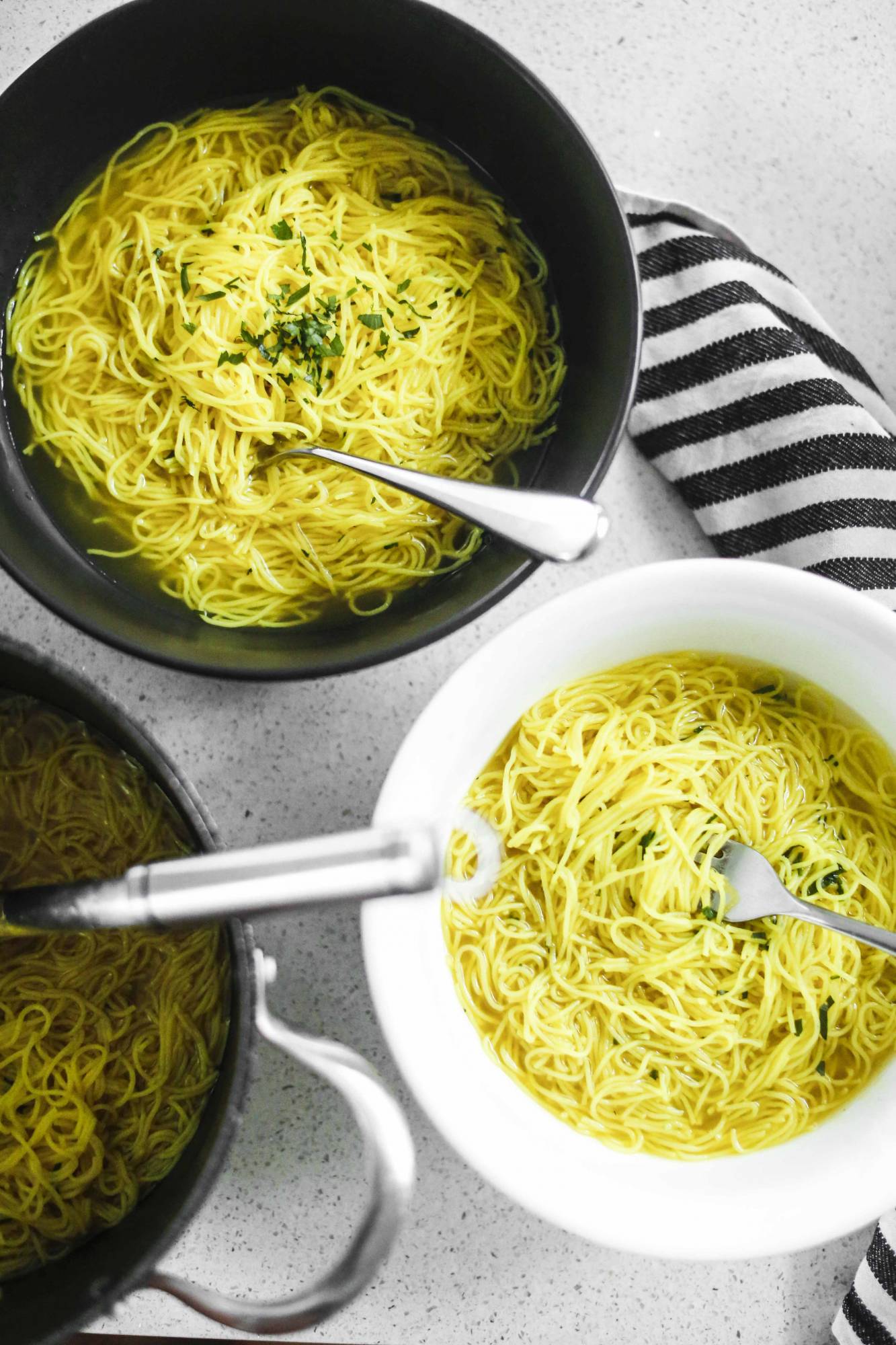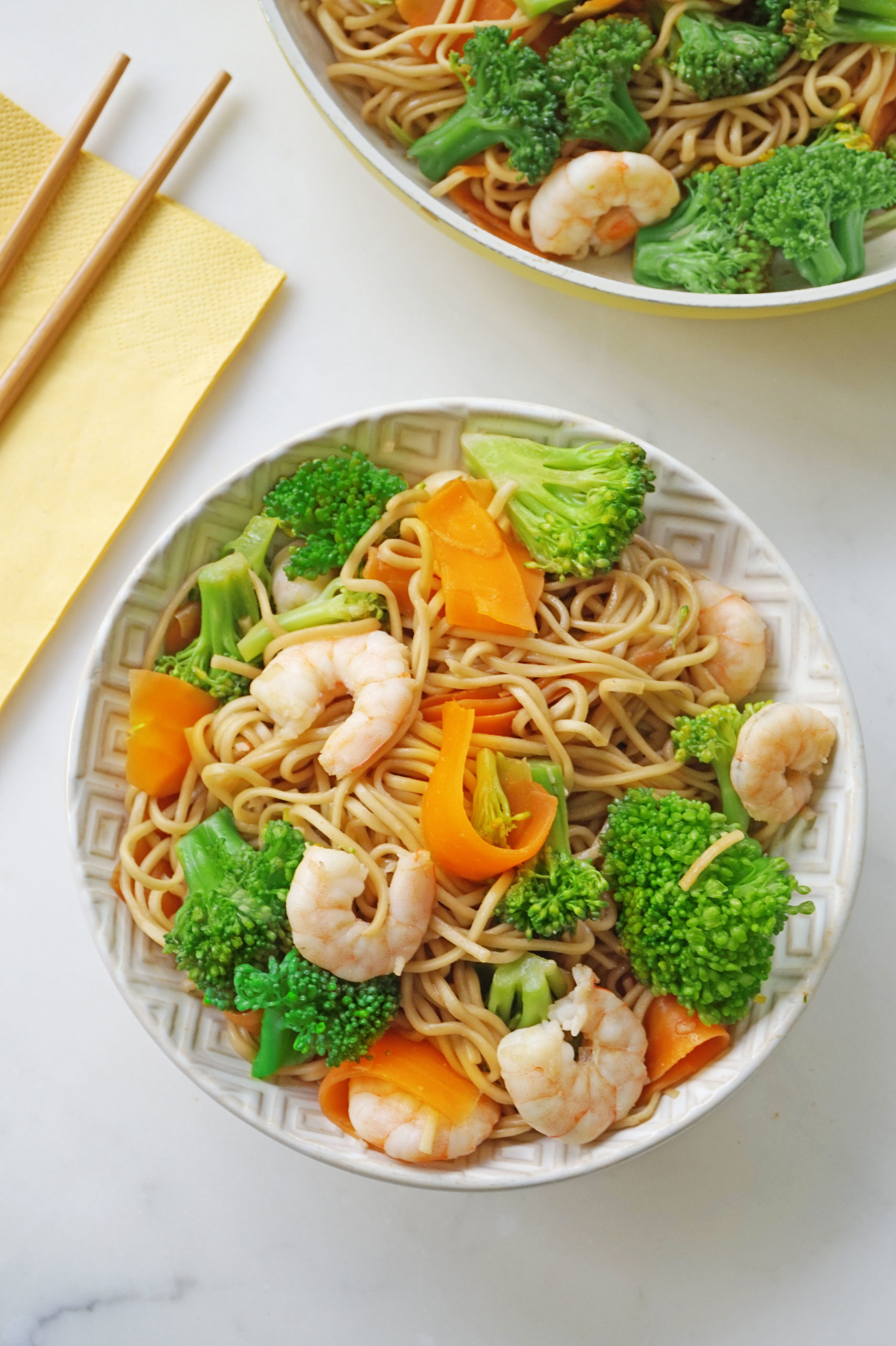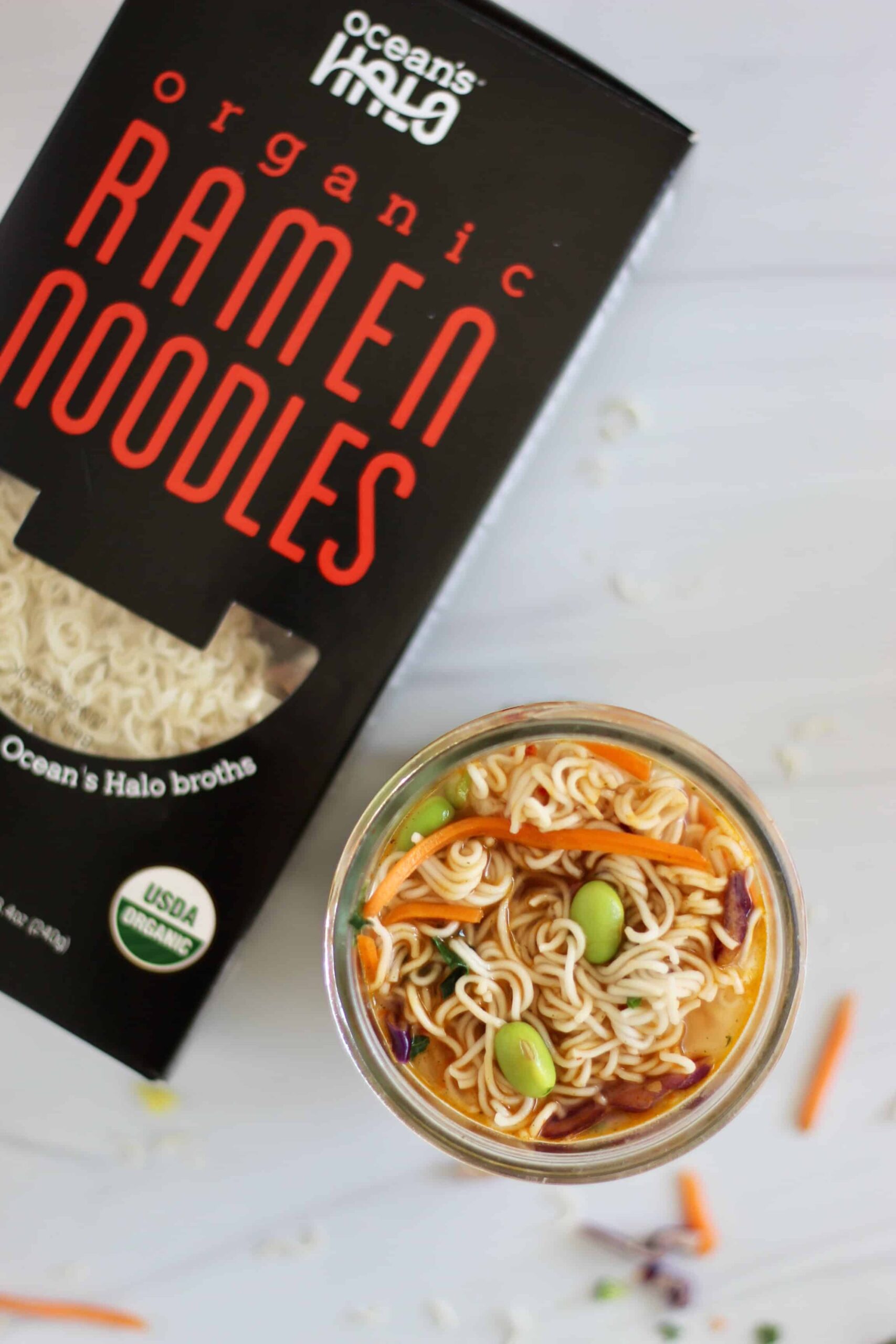Are Noodles Healthy? The Ultimate Guide To Noodles And Your Diet
Listen up, folks! If you're wondering whether noodles are healthy, you're not alone. Millions of people around the globe are slurping down these carb-loaded wonders every day, but the question remains—do they actually belong on your plate? Let’s dive into the world of noodles and uncover the truth behind their nutritional value. So, are noodles healthy or just a guilty pleasure? Keep reading to find out!
Let’s be real here—noodles are one of those foods that everyone loves. From ramen to spaghetti, they’re versatile, convenient, and downright delicious. But with so much talk about carbs, gluten, and processed foods, it’s no wonder people are starting to question whether noodles are actually good for you. If you’re someone who’s trying to eat healthier but can’t live without a bowl of steaming noodles, this article is for you.
Here’s the deal: noodles can be both healthy and unhealthy, depending on how you prepare them and the type of noodles you choose. Sound confusing? Don’t worry, we’ll break it all down for you. By the end of this article, you’ll know exactly which noodles to reach for and how to make them part of a balanced diet. Let’s get started!
- Downloadhubcontact Your Ultimate Guide To Unlocking Media Freedom
- Kim Rae Won Children A Closer Look At His Family Life
Table of Contents:
- Introduction to Noodles
- Types of Noodles and Their Health Benefits
- The Nutritional Value of Noodles
- Are Noodles Healthy? The Truth
- How to Make Noodles Healthier
- Popular Noodle Dishes and Their Health Impact
- Gluten-Free Noodle Options
- Low-Carb Noodle Alternatives
- Health Benefits of Eating Noodles
- Conclusion: Are Noodles Worth It?
Introduction to Noodles
Noodles have been around for centuries and are a staple in many cultures. They come in various shapes, sizes, and flavors, making them a versatile addition to any meal. But with the rise of health-conscious eating, many people are starting to question whether noodles are healthy or just a carb-heavy indulgence.
Let’s face it, noodles are super convenient. You can whip up a bowl of instant ramen in minutes or spend hours perfecting a homemade pasta dish. But convenience often comes with a price, and in this case, it’s the nutritional value of the noodles themselves. So, before we dive into the specifics, let’s take a look at the different types of noodles and what they bring to the table.
- Chloe And Matt Onlyfansleaks The Untold Story You Need To Know
- Abby And Brittany Hensel Sad News A Heartfelt Journey Through Lifersquos Challenges
Types of Noodles and Their Health Benefits
Not all noodles are created equal. Some are packed with nutrients, while others are little more than empty carbs. Here’s a breakdown of the most common types of noodles and their health benefits:
Whole Grain Noodles
Whole grain noodles are a healthier alternative to regular pasta because they contain more fiber and nutrients. They’re made from whole grains, which means they retain the bran and germ of the grain, providing more nutritional value.
- Higher in fiber
- Rich in vitamins and minerals
- Can help regulate blood sugar levels
Bean-Based Noodles
Bean-based noodles, like chickpea or lentil pasta, are a great option for those looking to increase their protein intake. They’re also gluten-free, making them suitable for people with celiac disease or gluten intolerance.
- High in protein
- Low in carbs
- Packed with essential nutrients
The Nutritional Value of Noodles
When it comes to the nutritional value of noodles, it’s important to consider both the type of noodle and how it’s prepared. Regular white pasta, for example, is high in refined carbs and low in nutrients, while whole grain or bean-based noodles offer more nutritional benefits.
On average, a serving of cooked noodles contains about 200 calories, 40 grams of carbs, and 7 grams of protein. However, these numbers can vary depending on the type of noodle and the ingredients used in the dish.
Are Noodles Healthy? The Truth
So, are noodles healthy? The answer is—it depends. Noodles themselves aren’t inherently bad for you, but the way they’re prepared can make a big difference. For example, a bowl of plain whole grain noodles with veggies and lean protein is a much healthier option than a greasy plate of fried noodles loaded with oil and salt.
It’s also important to consider portion sizes. A serving of noodles is typically around 1/2 to 1 cup cooked, but many people tend to overindulge, especially when eating out. To keep your noodle intake in check, try pairing them with plenty of veggies and protein to create a balanced meal.
How to Make Noodles Healthier
If you’re a noodle lover but want to make healthier choices, here are a few tips to keep in mind:
- Choose whole grain or bean-based noodles for added fiber and protein
- Add plenty of veggies to your noodle dishes for extra nutrients
- Use healthy fats like olive oil or avocado oil instead of butter or lard
- Limit added salt and sugar in your recipes
- Watch your portion sizes and pair noodles with lean protein
Popular Noodle Dishes and Their Health Impact
Let’s take a look at some of the most popular noodle dishes and their impact on your health:
Ramen
Ramen is a favorite among noodle lovers, but it’s often high in sodium and unhealthy fats. To make it healthier, opt for homemade ramen with fresh ingredients and skip the MSG-laden seasoning packets.
Spaghetti
Spaghetti is a classic pasta dish that can be healthy or unhealthy depending on how it’s prepared. Whole grain spaghetti with a tomato-based sauce and lean protein is a much better choice than white pasta with a creamy, cheesy sauce.
Gluten-Free Noodle Options
For those who are gluten-free, there are plenty of noodle options available. Rice noodles, quinoa pasta, and chickpea pasta are all great choices that are free from gluten and packed with nutrients.
Low-Carb Noodle Alternatives
If you’re looking to cut back on carbs, there are several low-carb noodle alternatives to try:
- Shirataki noodles made from konjac root
- Spiralized zucchini or sweet potato
- Cauliflower rice or noodles
Health Benefits of Eating Noodles
Despite their bad reputation, noodles can actually offer several health benefits when consumed in moderation:
- Provide energy due to their high carbohydrate content
- Offer essential nutrients like fiber, protein, and vitamins
- Can be part of a balanced diet when paired with healthy ingredients
Conclusion: Are Noodles Worth It?
So, are noodles healthy? The answer is yes—if you choose the right type and prepare them in a healthy way. Noodles can be a delicious and nutritious addition to your diet when paired with fresh veggies, lean protein, and healthy fats. Just remember to watch your portion sizes and avoid processed, high-sodium options.
Now that you know the truth about noodles, it’s time to put this knowledge into action. Try experimenting with different types of noodles and recipes to find what works best for you. And don’t forget to share your favorite noodle dishes in the comments below!
Stay healthy, stay happy, and keep slurping those noodles!
- Riley Mae Lewis Onlyfans A Comprehensive Guide For Fans And Curious Minds
- Is Nolan Gould Gay Exploring The Rumors And Facts Around The Modern Family Star

Healthy Instant Noodles Feel the Lean

Healthy Chinese Noodles Recipe (with Shrimps and Broccoli) — vlourish

Healthy Ramen Noodles Customize with Veggies of Your Choice